Nadie debería ser juzgado por ser demasiado latino o no ser lo suficiente.
Hay una larga historia de discriminación a través del mundo a causa de estatus social, apariencia fisica, estabilidad emocional, sexualidad, etnicidad y entre muchas otras. Hoy en dia hispanos y latinos forman la minoría étnica más grande en los Estados Unidos. Es decepcionante decir que más de la mitad de esos latinos se han enfrentado a alguna forma de discriminación tanto de parte de la cultura en la que viven como de la cultura con la que comparten raíces. De una manera u otra, latinos terminan siendo juzgados por ser “demasiado latino o no ser lo suficiente.”
Los mexicanos que viven en Estados Unidos o de ascendencia mexicana, por poner un ejemplo, son criticados y a veces hasta discriminados entre sí mismos. Los mexicanos que crecieron en México les llaman “pochos,” un término que podría ser considerado ofensivo, a los mexicanos que crecieron en Estados Unidos por la simple razón que no los consideran completamente mexicanos. Esto no solo sucede con los mexicanos, si no con cualquier latino que ha crecido o vivido en Estados Unidos.
Gina Rodriguez, una actriz de padres puertorriqueños, ha sido criticada por no ser lo “suficientemente latina” en redes sociales a causa de su forma de hablar el español. Latinos se juzgan entre sí mismos diciendo quién merece ser latino y quien no, basado en los modismos y forma de hablar de las personas, menospreciando su propia cultura.
En el otro lado del espectro casi lo opuesto sucede, latinos terminan siendo juzgado por ser “demasiado latino.” Donde los latinos son juzgados por no hablar inglés perfectamente, por su forma de mezclar inglés y español, entre otras varias razones.
Al llegar a un nuevo país sientes la presión de tener que aprender a adaptarte a un sin fin de cosas. Porque aunque no hayas sido discriminado directamente por algún estadounidense por ser latino aun sientes que puedes ser juzgado por cualquier cosa que hagas mal o cualquier cosa que se vea fuera de lugar en cualquier momento. Te enfocas tanto en los estándares que pone la sociedad, en lo que deberias ser, que pierdes tu identidad y al fin de todo tus raíces. Esto sucede generación tras generación.
Te enfocas tanto en los estándares que pone la sociedad, en lo que deberias ser, que pierdes tu identidad y al fin de todo tus raíces.
Jamas deberia ser necesario sacrificar parte de tu identidad en orden de ser aceptado porque no es una pelea entre dos culturas donde tienes que probar tu valor a ambas.
El no ser “lo suficientemente latino” o ser lo “demasiado” no importa ya que la diversidad es lo que ayuda a que un país prospere. La globalización ha provocado que seamos ciudadanos con no tan solo una etnicidad, sino que seamos ciudadanos del mundo tomando lo mejor de cada país y crear tu propia esencia.
Es necesario aprender que dos culturas pueden coexistir, enriquecerse mutuamente y así crear un ambiente donde te sientas cómodo y aceptado sin el miedo a ser juzgado o penalizado. Debes ser consciente de tu pasado, de dónde provienen tus antepasados y así enorgullecerse de tu herencia ya que todo esto define quien eres.
People should not be judged for not being “Latino enough” or being “too Latino.”
There’s a long history of discrimination around the world not only because of a person’s social status, physical appearance, emotional stability or sexuality, but also because of their ethnicity. Latinos and Hispanics form the largest ethnic minority in the U.S. and it is disappointing to say that more than half have faced some sort of discrimination from both the culture in which they grew up in and the one that shares their roots. One way or another Latinos always end up being judged for being “too Latino” or not “Latino enough.”
For instance, Mexicans living in the United States or of Mexican descent are at times criticized and even discriminated amongst themselves. Mexicans that grew up in Mexico often times call Mexicans that grew up in the U.S. “pochos”—a term that could be considered offensive—for the simple reason that they don’t consider them entirely Mexican. This criticism of someone’s cultural background does not only occur to Mexicans, but it can also occur to any Latino that has lived or grown up in the United States.
For example, Gina Rodriguez, a Latina actress of Puerto Rican descent, has been criticized on social media for not being “Latina enough” because of her way of speaking Spanish. Latinos judge one another by saying who deserves to be considered Latino and who does not, solely based on their mannerism and way of speaking, ultimately belittling their own culture.
On the other end of the spectrum almost the opposite happens; rather than being judged for not being “Latino enough” they are judged for being “too Latino.” They are scrutinized for not speaking English perfectly, for mixing English and Spanish and speaking in “Spanglish,” along with a myriad of other reasons.
Arriving at a new country you feel the pressure to learn to absorb the culture and learn to adapt to endless amounts of things. Even if you’ve never been directly discriminated by an Anglo-American for being Latino, you feel like you can be judged at any minute for anything that you do wrong or looks out of place. You focus so much on the standards set by society, on what you should be and how you should act in order to “fit in,” that you begin to lose your identity and in the end, your roots too. This happens generation after generation.
You focus so much on the standards set by society, on what you should be and how you should act in order to “fit in,” that you begin to lose your identity and in the end, your roots too.
It should never be necessary to sacrifice part of your identity in order to be accepted because it is not a fight between two cultures where you must prove your worth, it’s a combination of the two in which you must find your own voice.
Not being “Latino enough” or being “too Latino” shouldn’t matter because it doesn’t change where you came from or who you are. In the end, diversity is what helps a country flourish and prosper. Being Latino does not come with a set of rules or a vast list of prerequisites that you must meet, no one can dictate how Latino you are.
Two cultures can coexist and enrich one another, thus creating an environment where everyone feels accepted without the fear of being judged or penalized. Knowing who you are—valuing each of the different reasons that make you who you are—will always be more important than whatever category a stranger might put you in.
Nota del Editor: La versión en inglés de este articulo es una traducción aproximada de la versión en español. / Editor’s Note: The English version of this story is a roughly translated version of the Spanish story.












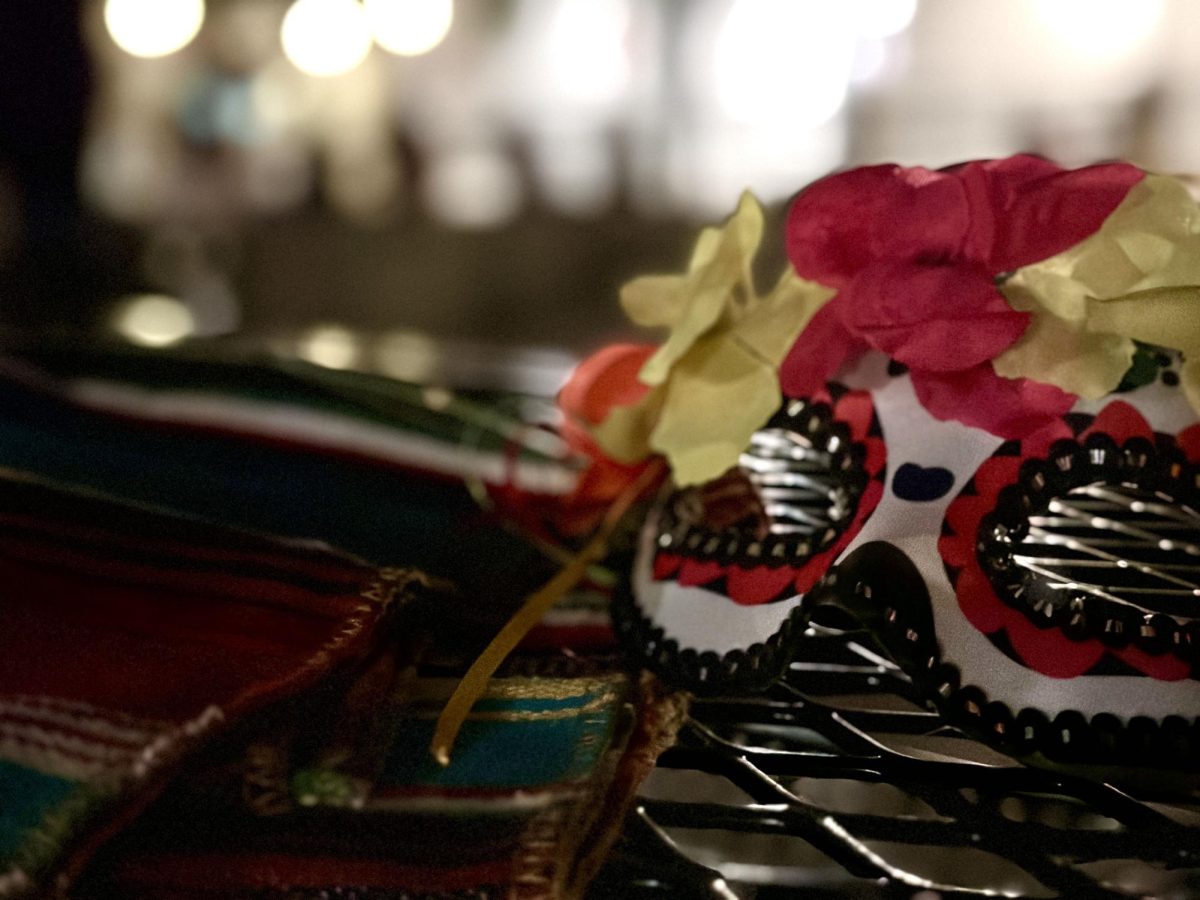
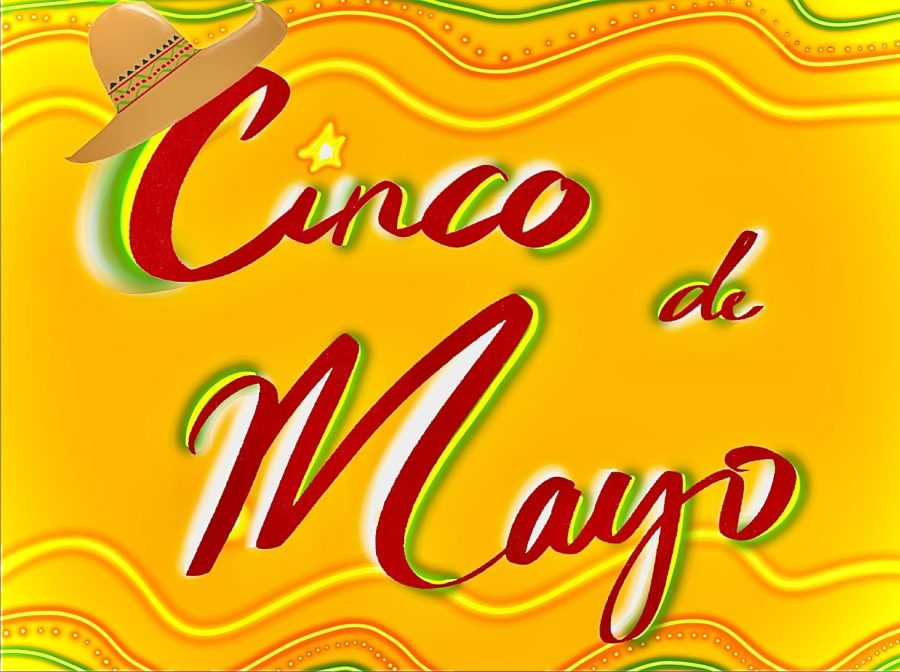




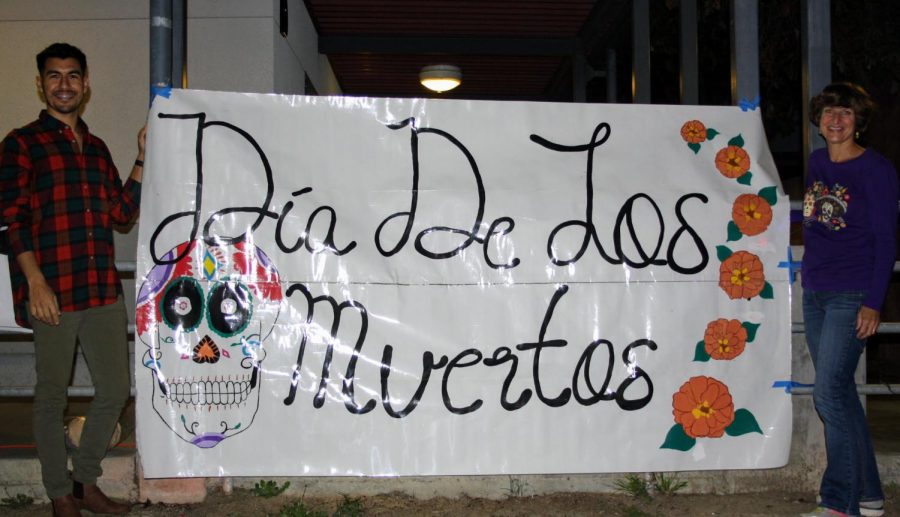
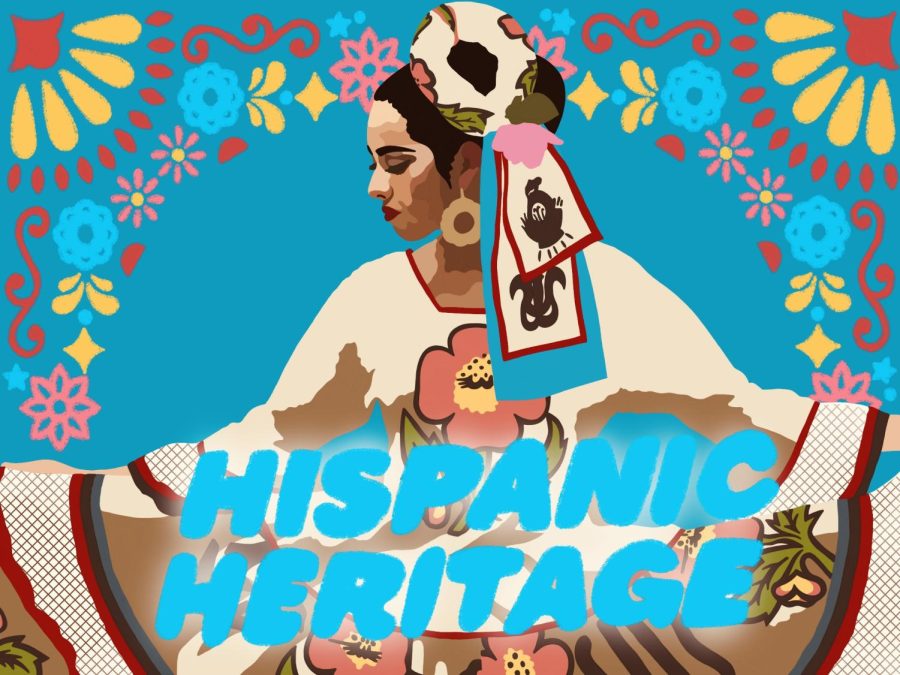

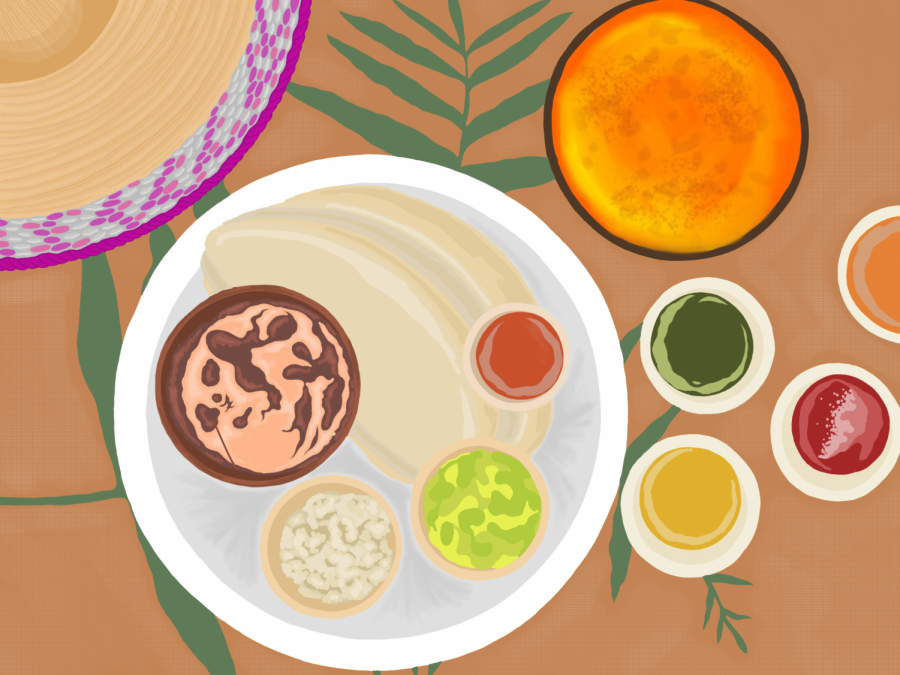

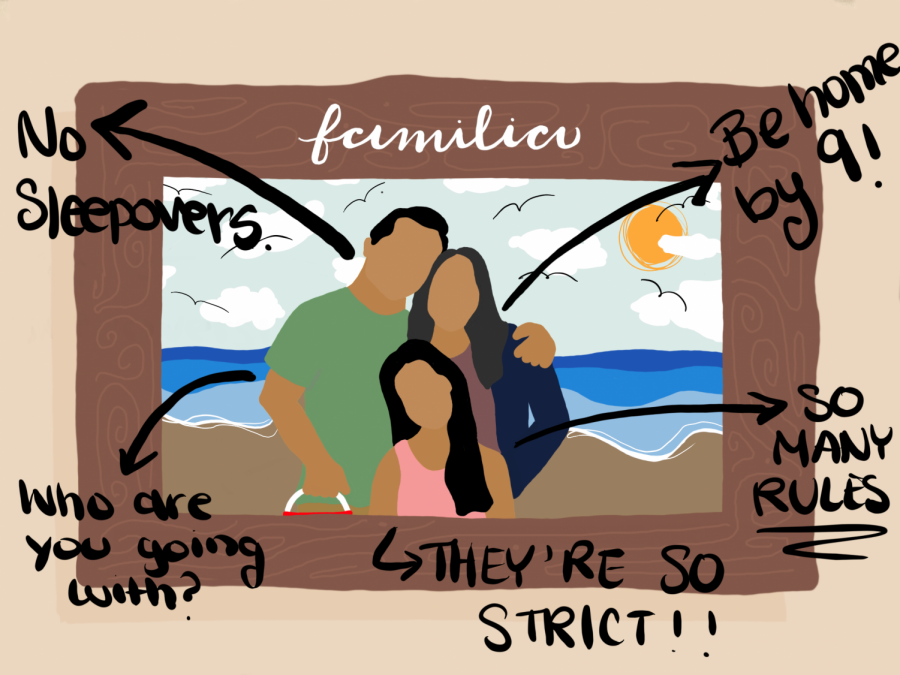




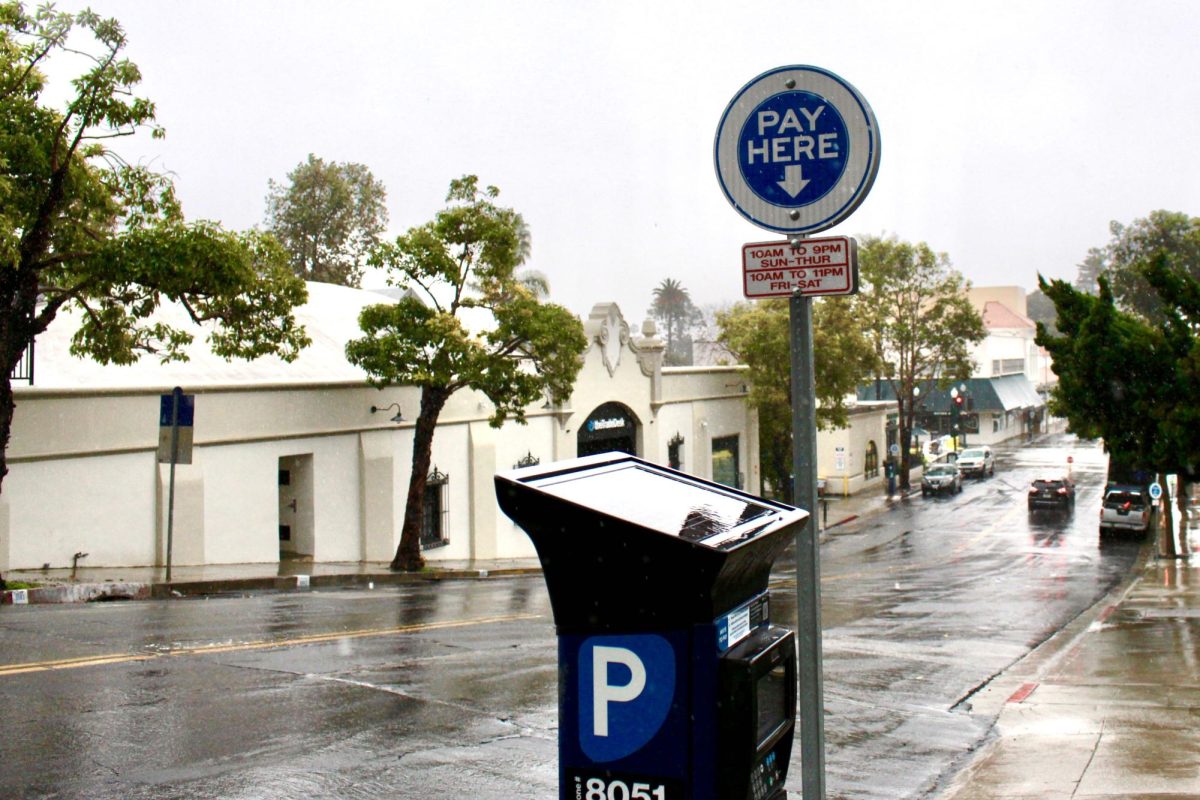



Eulau • Sep 26, 2018 at 5:02 pm
Bravo Jimena.